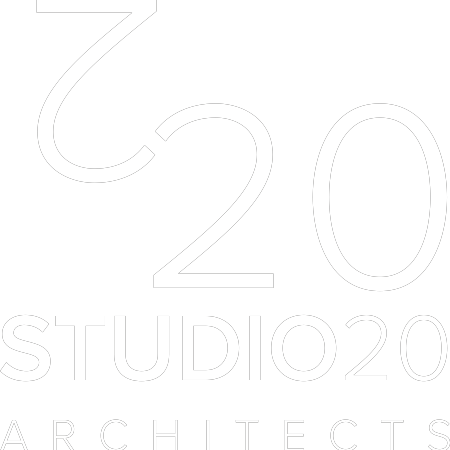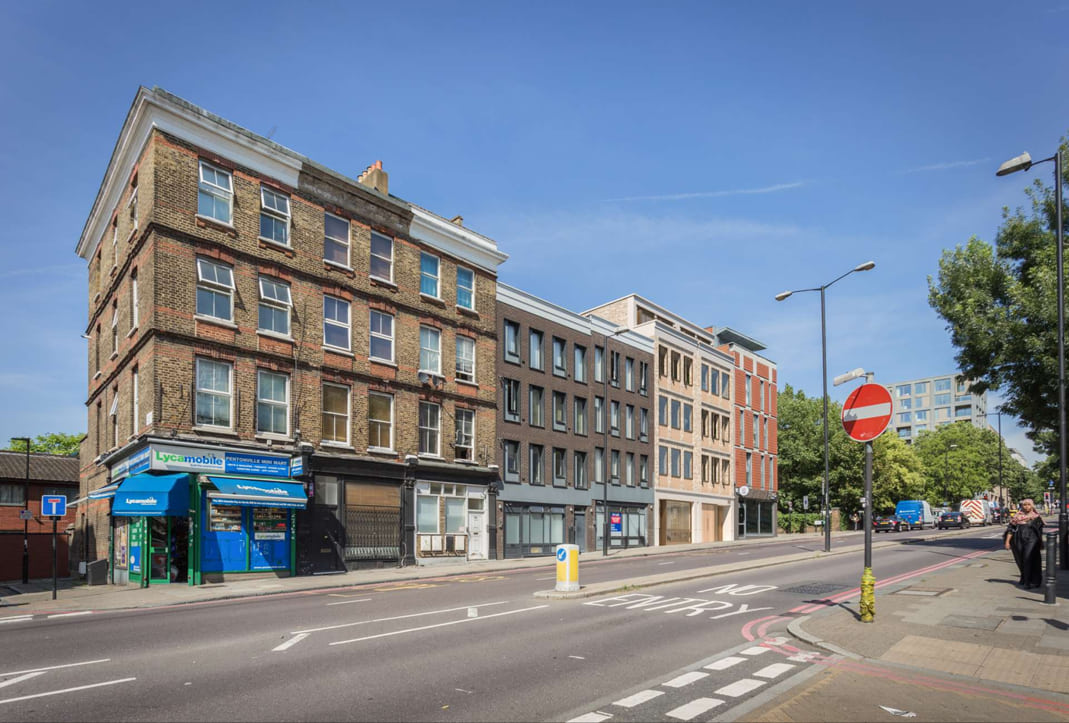Understanding Islington Pentonville Building Regulations: A Comprehensive Guide
Navigating the world of construction and renovation can be a daunting task, especially when it comes to ensuring compliance with building regulations. In the vibrant borough of Islington London, adherence to building codes is essential to maintain safety standards, preserve architectural integrity, and promote sustainable development. One crucial aspect of construction in Islington is understanding the Pentonville Building Regulations, which play a pivotal role in shaping the built environment. In this comprehensive guide, we delve into the intricacies of these regulations, exploring their purpose, scope, and key requirements.
What are Islington Building Regulations? The Pentonville Building Regulations refer to the set of guidelines and standards established by the Islington Council for construction, alteration, and renovation projects within the Pentonville area of the borough. These regulations are designed to ensure that all building works comply with statutory requirements, uphold safety standards, and contribute to the overall quality of the built environment. Adherence to these regulations is mandatory for property owners, developers, architects, and contractors undertaking construction activities in the Pentonville area.
Key Aspects of Islington Pentonville Building Regulations:
- Structural Integrity:
- The regulations stipulate requirements for the structural integrity of buildings, ensuring that they are capable of withstanding various loads and environmental factors.
- Structural designs must be prepared and certified by qualified engineers to meet the prescribed standards for safety and stability.
- Fire Safety:
- Fire safety is a paramount concern in building construction. The regulations mandate the inclusion of fire-resistant materials, adequate escape routes, and firefighting provisions in all new and renovated structures.
- Compliance with fire safety standards, including the installation of smoke detectors, fire alarms, and sprinkler systems, is essential to mitigate the risk of fire-related incidents.
- Accessibility:
- Accessibility features are a fundamental aspect of building design to ensure inclusivity for individuals with disabilities. The regulations outline requirements for wheelchair access, ramps, handrails, and other amenities to facilitate ease of movement within buildings.
- All new construction and renovation projects must adhere to accessibility standards outlined in the Pentonville Building Regulations to promote inclusivity and accommodate diverse needs.
- Energy Efficiency:
- Promoting sustainability and reducing carbon emissions are integral objectives of modern building regulations. The Pentonville regulations emphasize energy-efficient design principles, encouraging the use of eco-friendly materials, insulation, and renewable energy technologies.
- Compliance with energy efficiency standards not only reduces environmental impact but also leads to long-term cost savings for property owners through reduced energy consumption.
- Conservation and Heritage Preservation:
- Islington boasts a rich architectural heritage, characterized by historic buildings and conservation areas. The Pentonville Building Regulations include provisions for the preservation of heritage assets, requiring sensitive treatment and appropriate materials in conservation projects.
- Developers and property owners must obtain necessary approvals and adhere to guidelines set forth by heritage conservation bodies to ensure the protection of Islington’s cultural heritage.
- Planning and Design Guidelines:
- In addition to technical requirements, the Pentonville Building Regulations encompass planning and design guidelines aimed at promoting cohesive urban development and aesthetic harmony.
- Developers are encouraged to submit comprehensive design proposals that enhance the character of the built environment while addressing the functional needs of the community.
Enforcement and Compliance: The Islington Council is responsible for enforcing the Pentonville Building Regulations through a rigorous inspection and approval process. Before commencing any construction or renovation work, property owners and developers must obtain necessary permits and approvals from the local planning authority. Failure to comply with the regulations may result in enforcement actions, including fines, stop-work orders, or legal penalties. Regular inspections are conducted to ensure ongoing compliance throughout the construction process, with non-compliant projects subject to remedial measures or enforcement actions.
The Islington Pentonville Building Regulations play a vital role in shaping the landscape of construction and development in the borough. By establishing comprehensive standards for safety, accessibility, sustainability, and heritage preservation, these regulations contribute to the creation of a vibrant and resilient built environment. Property owners, developers, architects, and contractors must familiarize themselves with the requirements outlined in the regulations to ensure successful project outcomes and contribute to the sustainable growth of Islington’s communities. Through adherence to these regulations, stakeholders can uphold the highest standards of quality, safety, and integrity in all construction endeavors within the Pentonville area.



Comments are closed